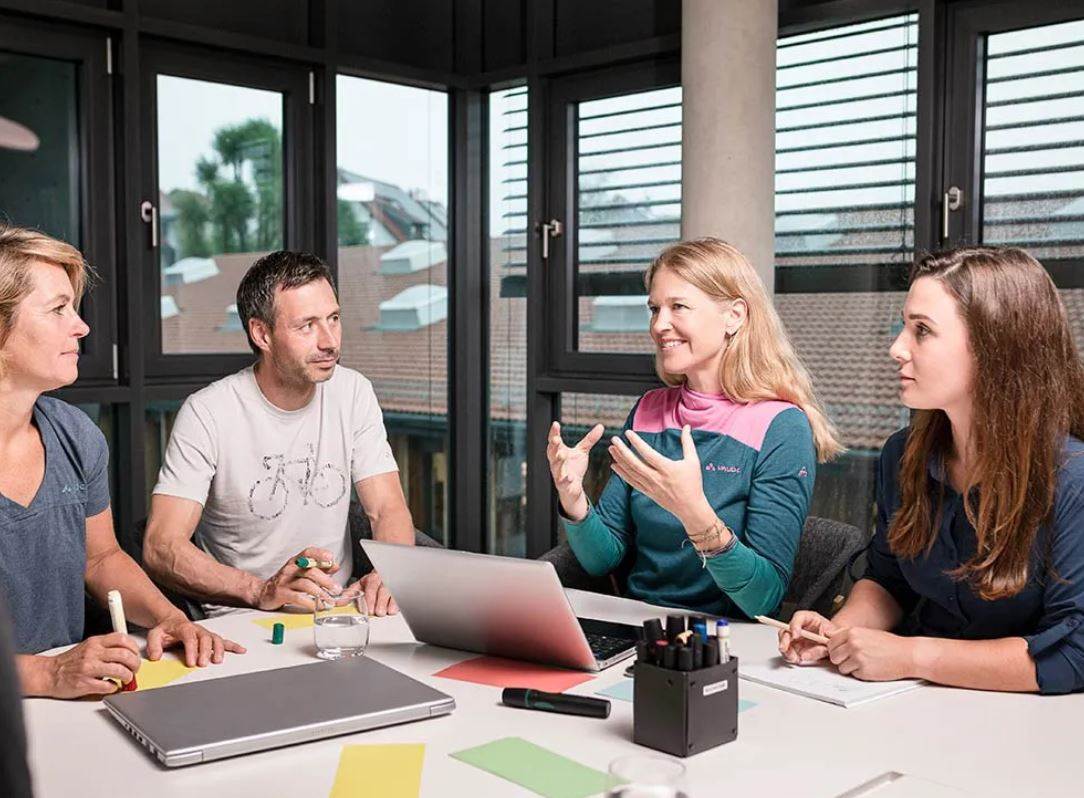Vaude outlines net zero pathway for 2040

German outdoor brand Vaude has had its net zero strategy validated by the Science Based Targets Initiative, with a view to reducing emissions by half by 2023, compared with a 2019 baseline, and reaching net zero by 2040.
It has also set a goal that by 2030, 90% of all products will be made from at least 85% biobased or recycled materials.
Antje von Dewitz, Vaude managing director, said: "We want to do our part to restrict the warming of the planet to 1.5 degrees. This means that we are reducing our greenhouse gas emissions year after year, so that our company will be net zero by 2040. We are using everything we've got, our courage and our pioneering spirit, for this.”
A mapping project resulted in two targets: to cut emissions in half by 2030 and achieve a 90% reduction by 2040. The remaining 10% of emissions that cannot be avoided will be balanced out via nature-based climate protection.
Hilke Patzwall, director of sustainability management, said: "Through natural restoration measures, such as rehydrating wetlands, we will ensure CO2 binding in nature and at the same time, and work toward other planetary goals such as biodiversity and water. This is extremely important to us.”
Vaude reduced total emissions by 30% in 2023 (compared with 2019), while sales increased by 32% in the same time frame. Emissions from the company vehicle fleet and heating were reduced by 36%. The use of 100% eco electricity at the German headquarters also makes an important contribution. However, the largest most challenging savings potential lies in the material selection for products and energy usage in the supply chain, it said.
In the current summer collection, 75% of the products have a recycled or biobased material content of at least 50%.
Since 2021, Vaude has worked with nine other outdoor brands as part of the Carbon Reduction Project to persuade suppliers to change over from coal to lower-emissions energies. In addition, energy efficiency measures are being implemented, for example, lower emissions dyeing machines.
"Given the advance of climate change, science tells us that there is no alternative to net zero. We still have room to manoeuvre, but the time frame is getting tighter. That’s why it's so important that many people go down this path and advance this urgent transformation. We can do it if we work together," added Ms von Dewitz.











